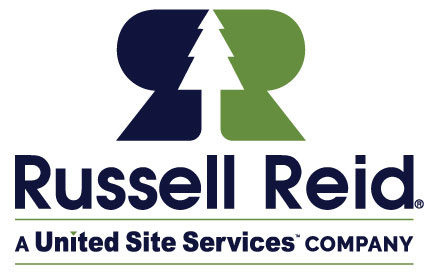For homeowners in New Jersey, septic system maintenance should be as much a part of normal home maintenance as raking leaves in the fall. Unfortunately, while it is obvious when your lawn needs a cleanup, it’s much easier to forget about septic tank pumping. As a result, not all NJ septic system owners have their tank pumped as often as they should. Unlike other household tasks, if septic service is neglected there can be serious repercussions, especially for those who also have well water on their property.
Health Risks of Neglecting Septic Maintenance in New Jersey
It is important to note that having both a septic system and well water at your home is perfectly safe, as long as both systems are properly maintained. However, when regular septic tank pumping is not performed, well water contamination can occur. Contamination not only changes the look and taste of your water but it can also be a source of disease and other health problems. These issues can range from stomach problems to cholera and hepatitis A. If an elderly person, pregnant woman or small child lives in your home, this is especially dangerous since they are more susceptible to disease. Water contaminated by a septic system can cause a potentially fatal condition unique to infants called methemoglobinemia, also known as blue baby syndrome. This condition hinders the bloods ability to carry oxygen, causing the skin to take on bluish tint and earning the disease its unpleasant nickname.
How Septic Systems Contaminate Wells
The health problems are serious but they can easily be avoided. The best way to prevent this kind of contamination is to make sure you have routine septic pumping services performed by Russell Reid. For most people, this means getting serviced once every two to five years based on the size of your tank and how many people are using it regularly. If a septic tank is not pumped out often enough, solids collect and take up space in the tank. When the tank is too full, wastewater is forced out before solids in the water have time to settle to the bottom. When wastewater is pushed out before it is fully filtered, the solids that remain in the water are pushed out with it. This can cause contamination in two ways. The water and waste particles can find their way directly into the well or it can clog the drain field. Drain fields are not meant to handle particles in water over a certain size, and if materials that are too large get in there, it will clog. Every time water goes through the drain field in the future, it will wash over these waste solids, contaminating water headed for the well. It is also possible that the wastewater and the stowaway waste particles may find a way to enter the well directly.
When a well and septic system are both present, regular septic tank maintenance is crucial and the consequences from putting off this task can be harmful. However, if you are diligent about regular septic pumping there is no reason your septic and well can’t coexist for many years without any negative effects on you or your family. If you are unsure of how often our tank should be pumped, feel free to contact us for more information.




